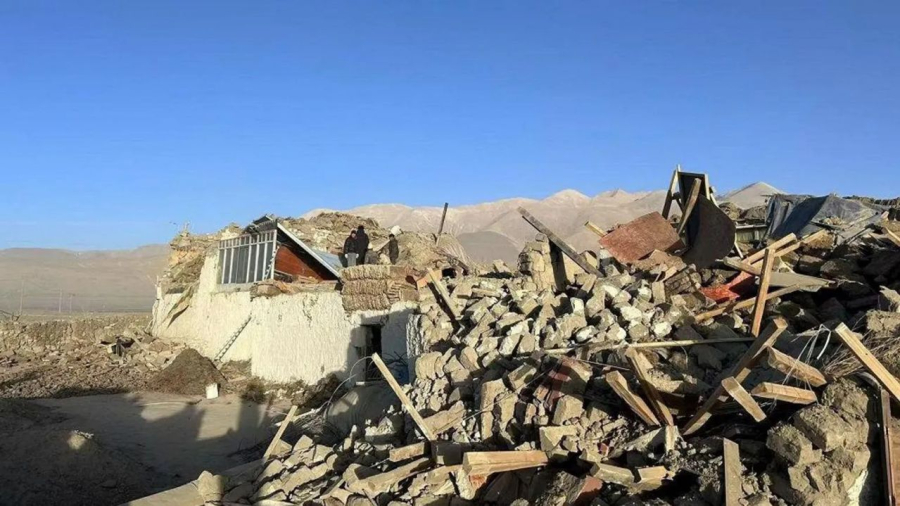At least 95 people have been confirmed dead and 130 injured following a powerful earthquake that struck Tibet’s holy city of Shigatse in China on Tuesday morning.
According to the United States Geological Survey, the 7.1 magnitude quake hit at approximately 09:00 local time (01:00 GMT) and had a depth of 10 kilometers (6 miles).
The earthquake, one of the deadliest to hit China in recent years, caused widespread destruction and was followed by multiple aftershocks. Tremors were felt as far away as Nepal and parts of India.
Shigatse, a city steeped in Tibetan Buddhism, is the traditional seat of the Panchen Lama, a figure whose spiritual authority is second only to the Dalai Lama. The Panchen Lama’s role has been a focal point of Tibetan resistance to Beijing’s control. The current Dalai Lama fled to India in 1959 after an uprising against Chinese rule, and many Tibetans fear Beijing will appoint its own Dalai Lama after the current one passes away, as it did with the Panchen Lama.
Chinese state broadcaster CCTV released footage of flattened homes and debris-strewn streets, as rescue workers distributed blankets to residents enduring sub-zero temperatures. In Tingri County, near the quake’s epicenter and a popular base for climbers attempting Mount Everest, temperatures hovered around -8°C (17.6°F) during the day and were forecast to drop to -18°C overnight.
Power and water supplies were severely disrupted, leaving many residents stranded. Over 1,000 homes were damaged, and Everest sightseeing tours in Tingri were canceled. Local tourism officials said visitors in the area were evacuated to safer outdoor locations.
A hotel resident in Shigatse told Fengmian News, “It felt like even the bed was being lifted.” Describing the immediate chaos, he added, “I grabbed my socks and rushed onto the street, where helicopters were already circling above.”
China’s air force deployed rescue teams and drones to the affected region. President Xi Jinping called for an “all-out” rescue operation to minimize casualties and ensure the resettlement of those displaced.
Jiang Haikun, a researcher at the China Earthquake Networks Center, assured residents that while aftershocks of up to magnitude 5 may occur, the likelihood of a larger quake is low.
In neighboring Nepal, tremors prompted many Kathmandu residents to flee their homes. Fortunately, no major damage or casualties were reported. “There were only minor damages and cracks on houses,” an official from Nepal’s National Emergency Operations Centre told BBC Newsday.
For many Nepalese, the tremors evoked haunting memories of the devastating 2015 earthquake that killed nearly 9,000 people and injured over 20,000. Shop owner Manju Neupane recalled, “In 2015, I could not even move. Today was not as scary, but I’m still afraid another major earthquake could trap us between the tall buildings.”
Tibet lies on a major fault line where the Indian and Eurasian tectonic plates meet, making the region prone to seismic activity. Experts noted that earthquakes of this magnitude were not uncommon, though their impacts vary based on population density and infrastructure.
